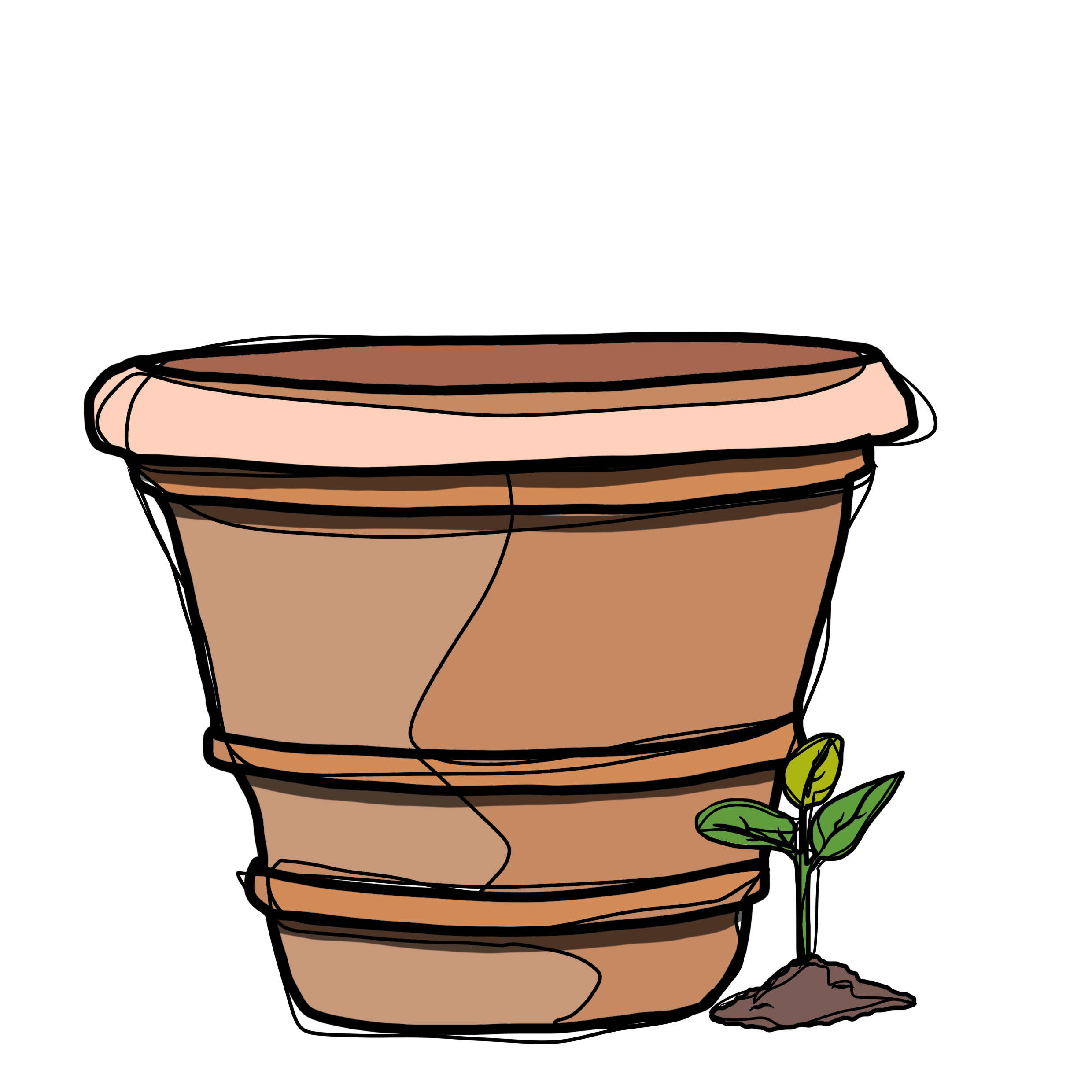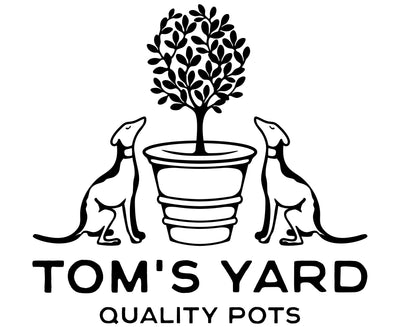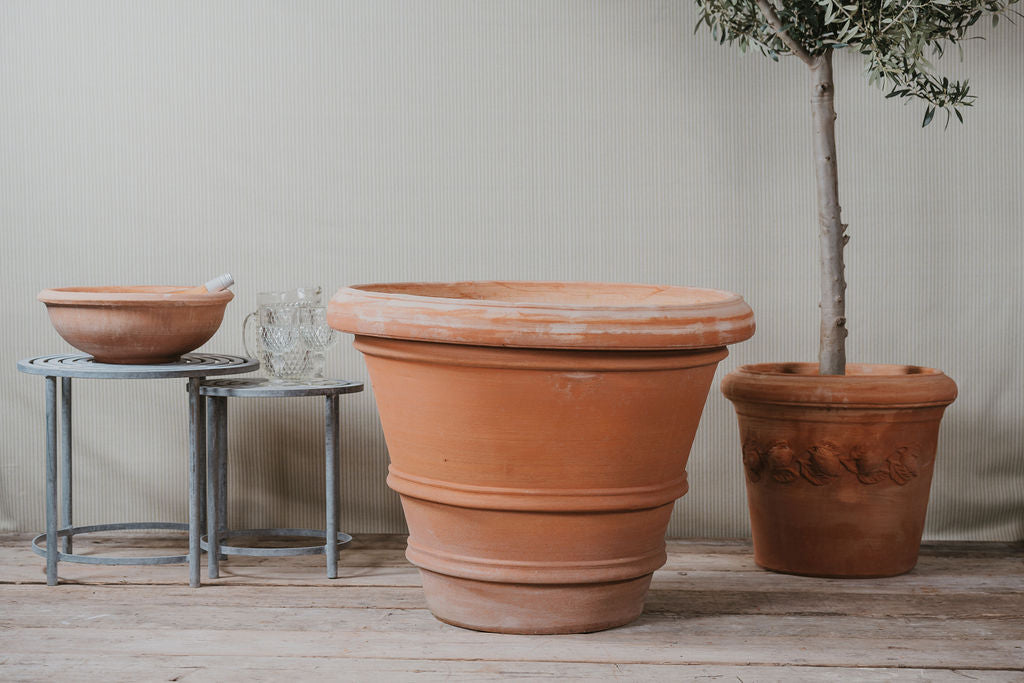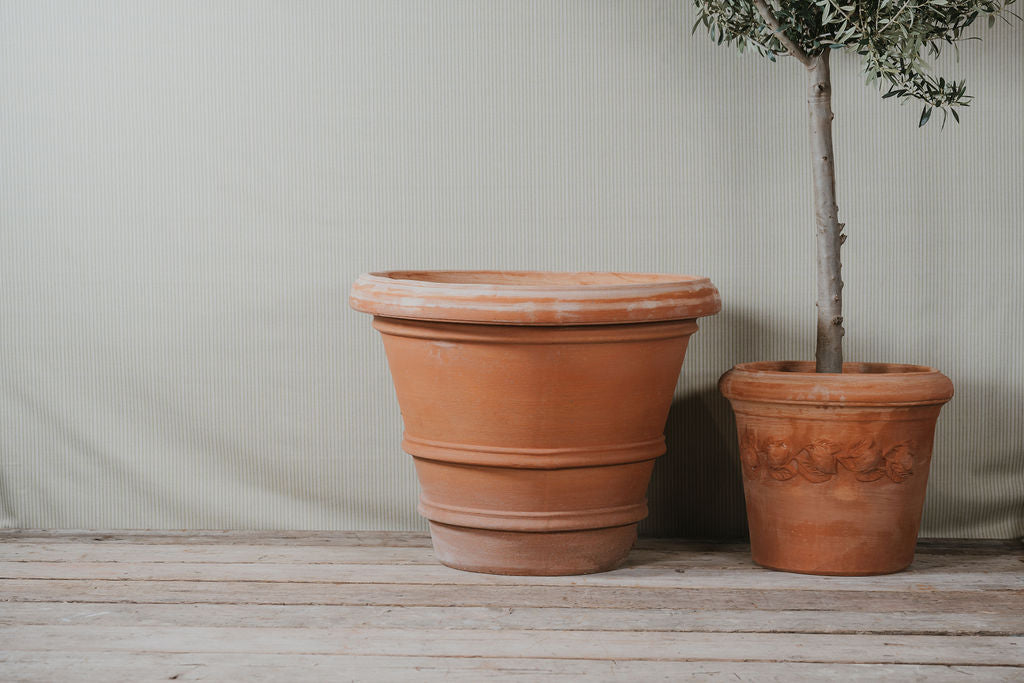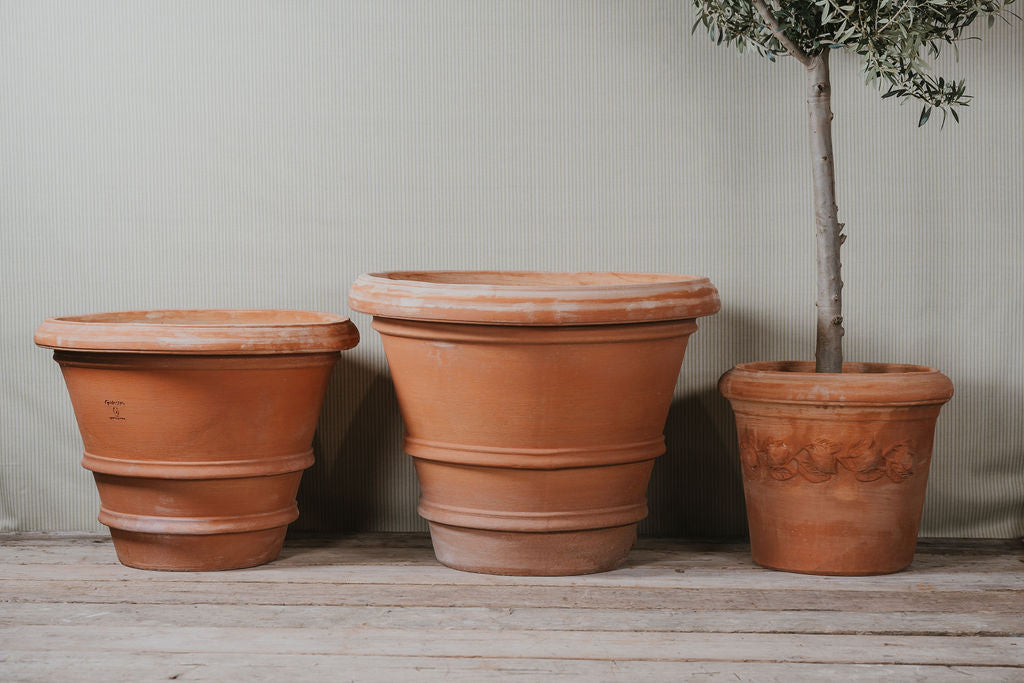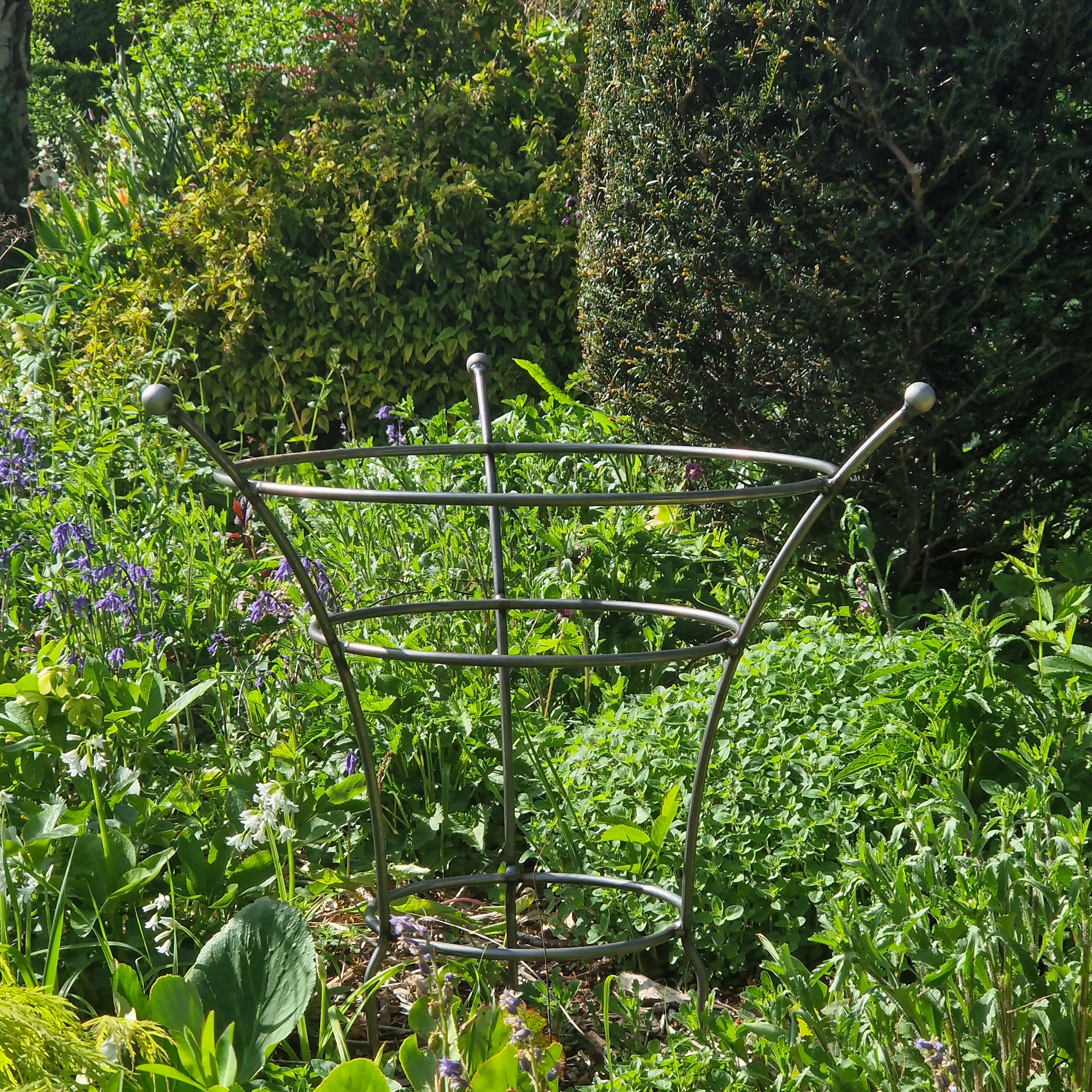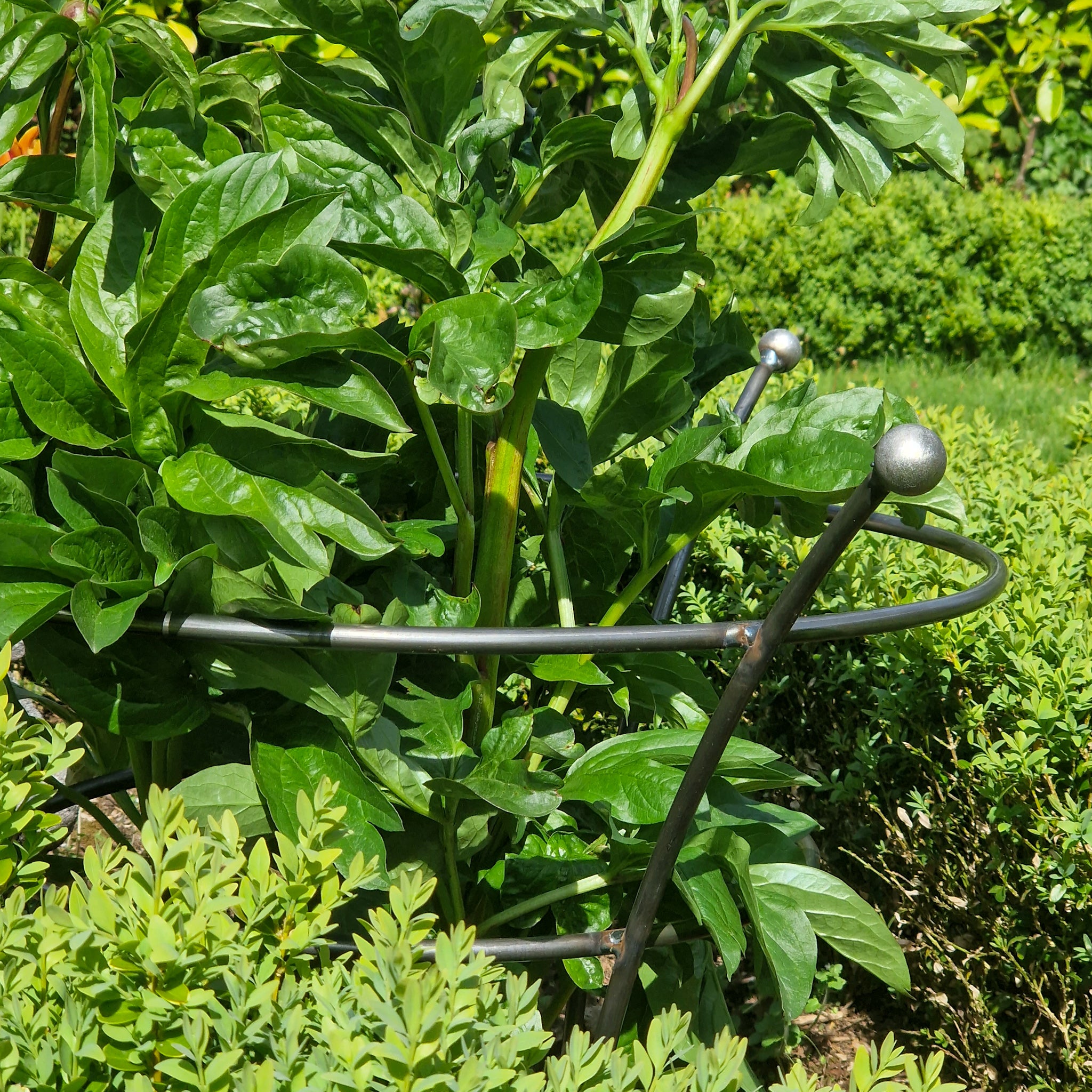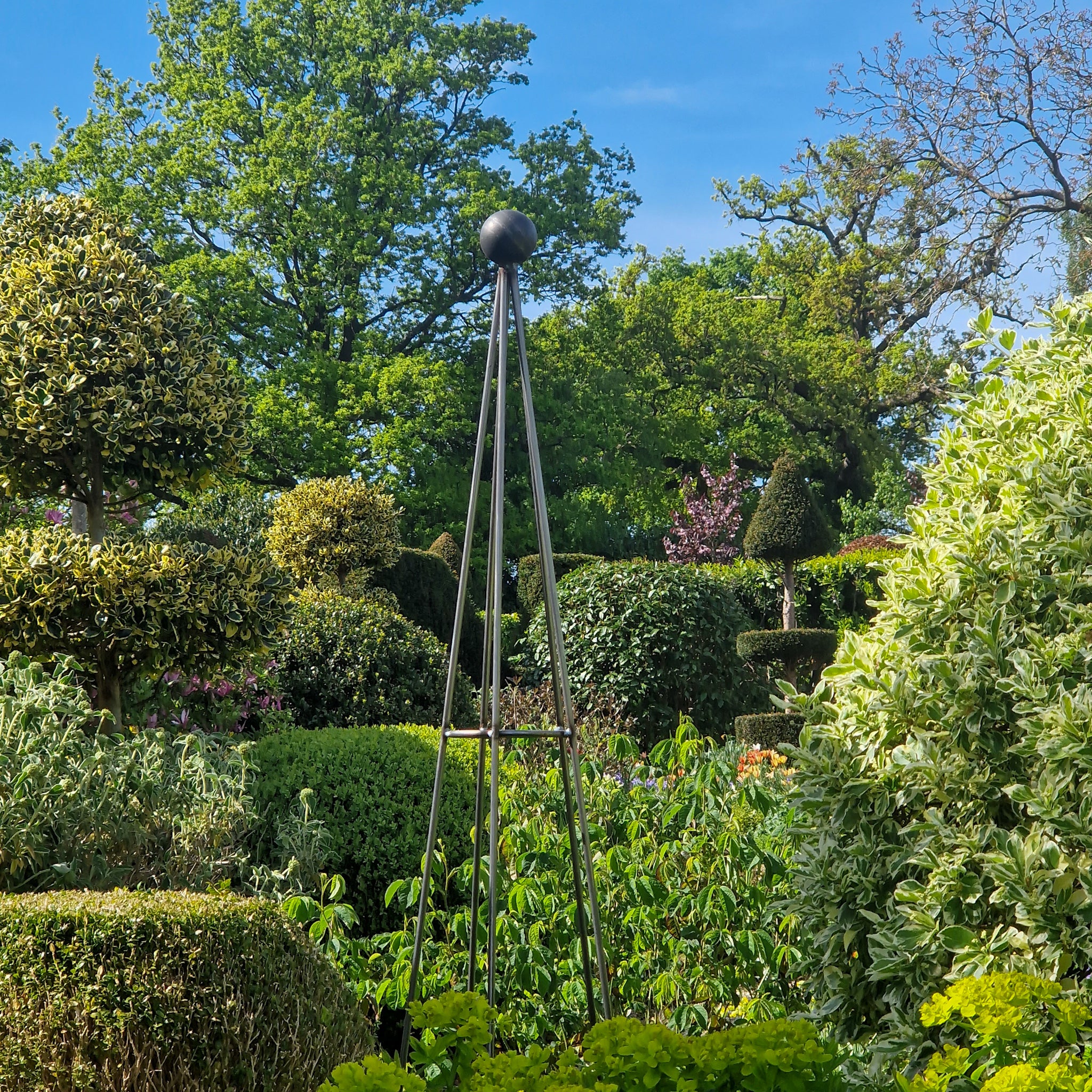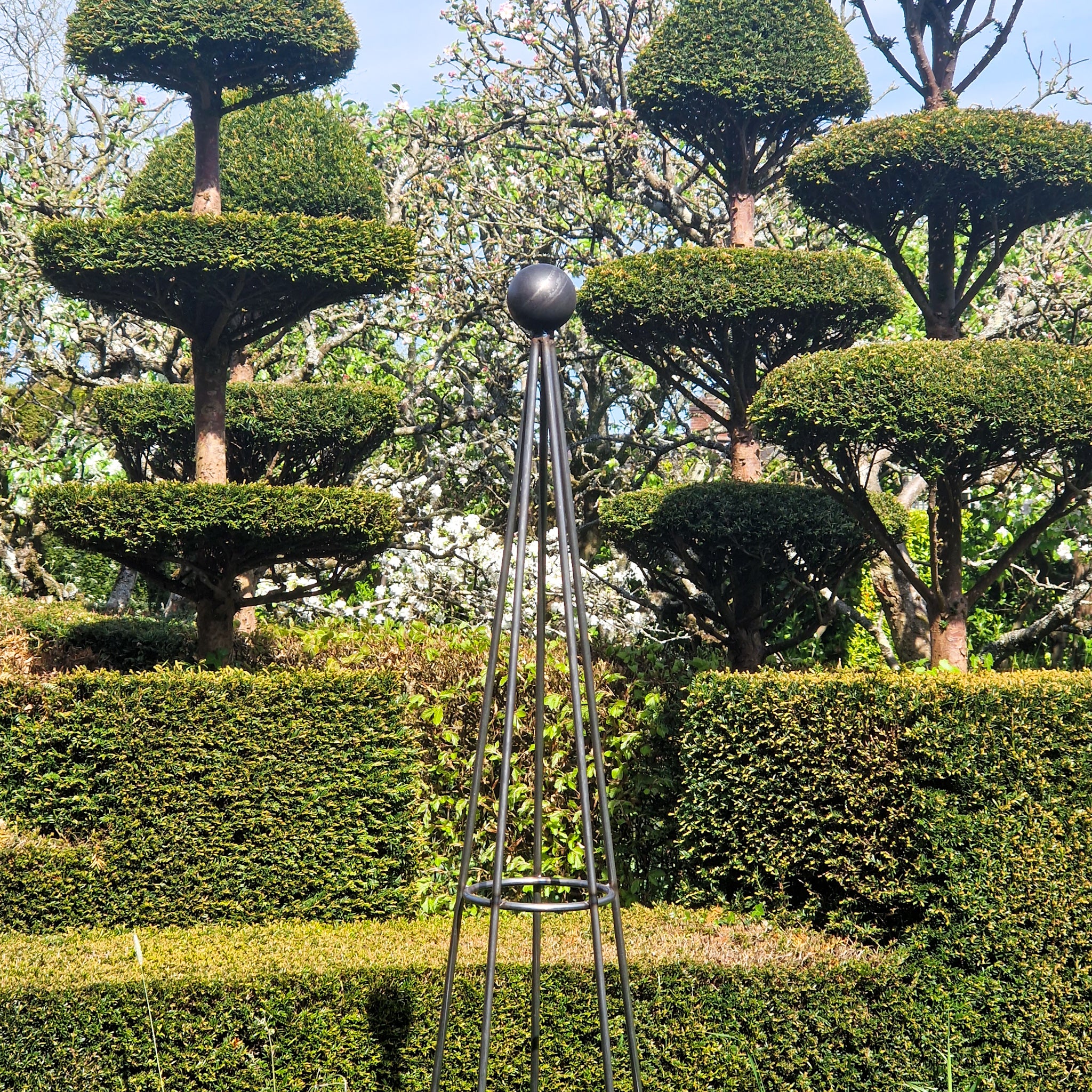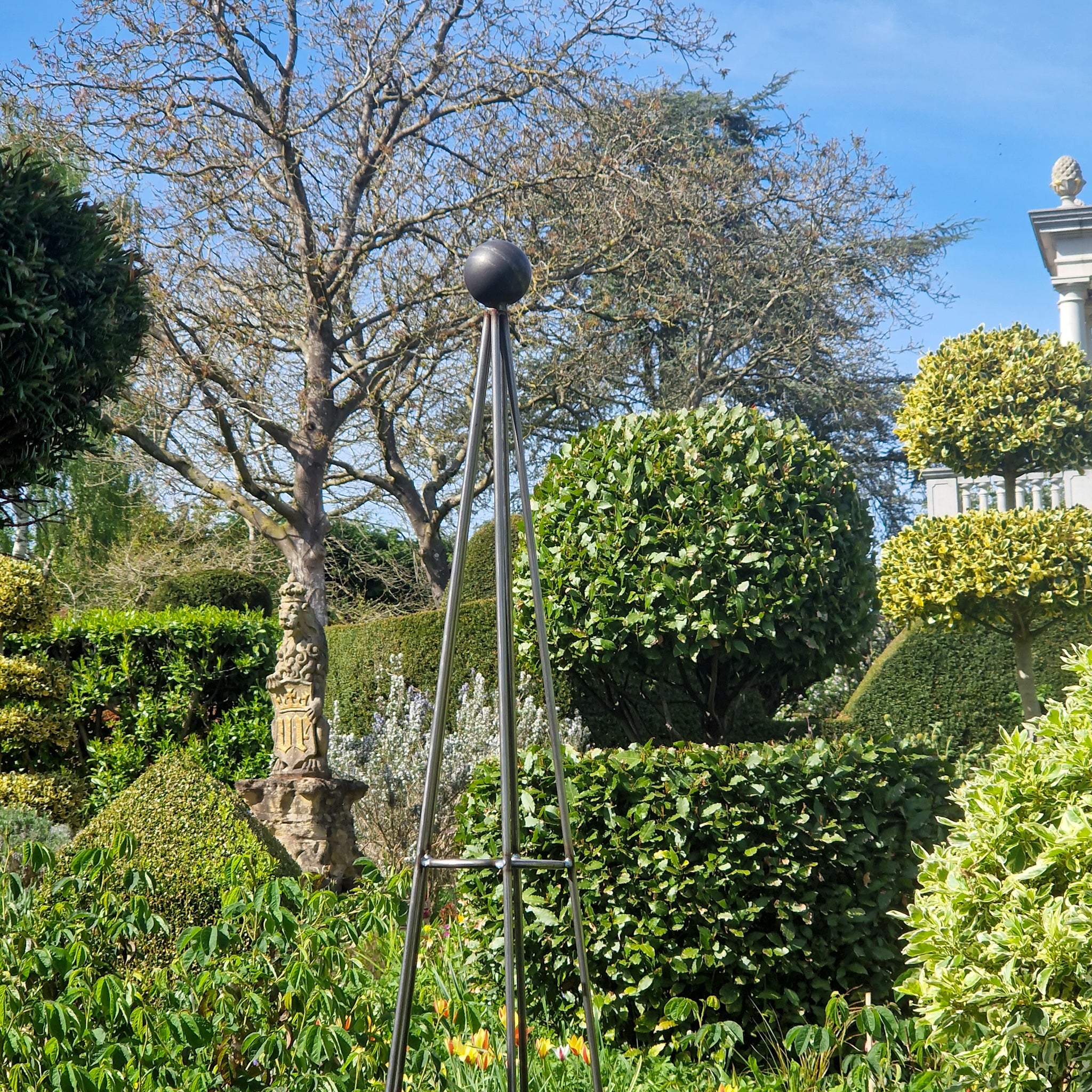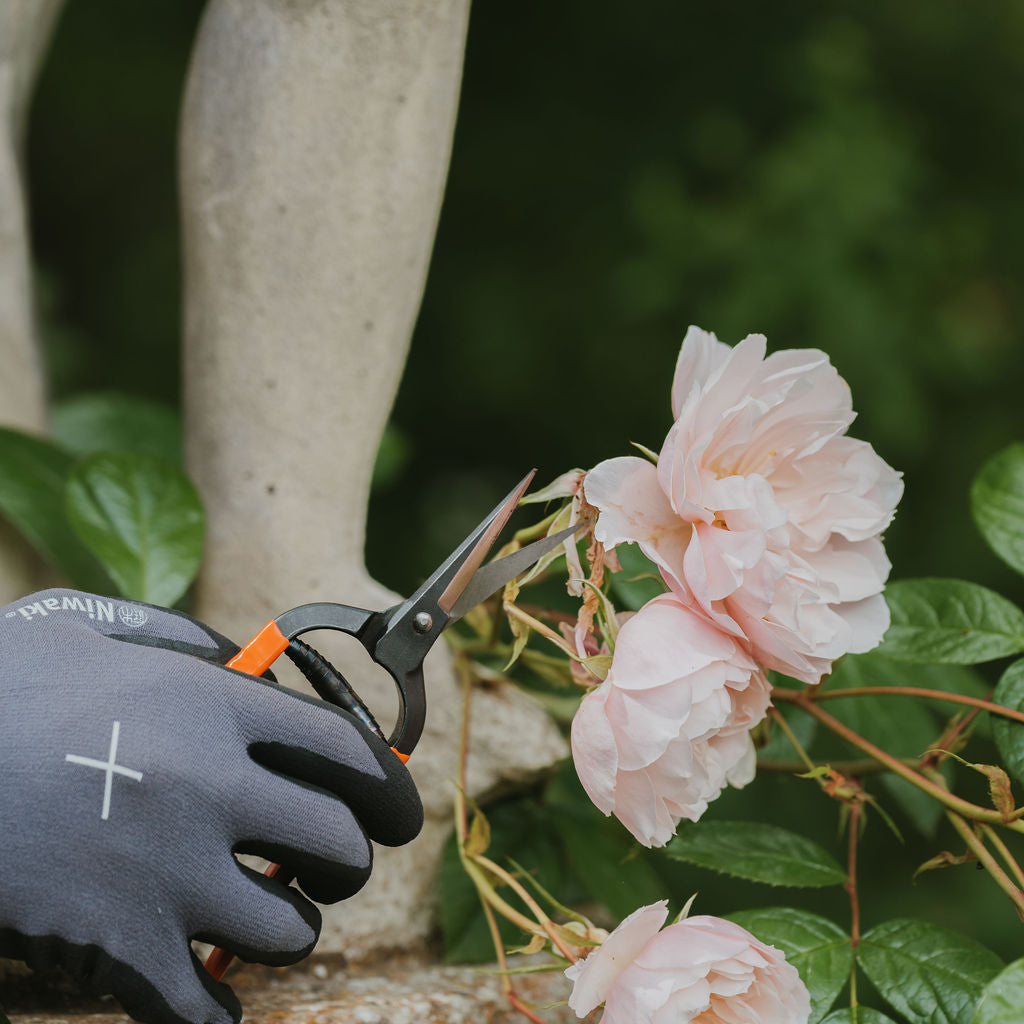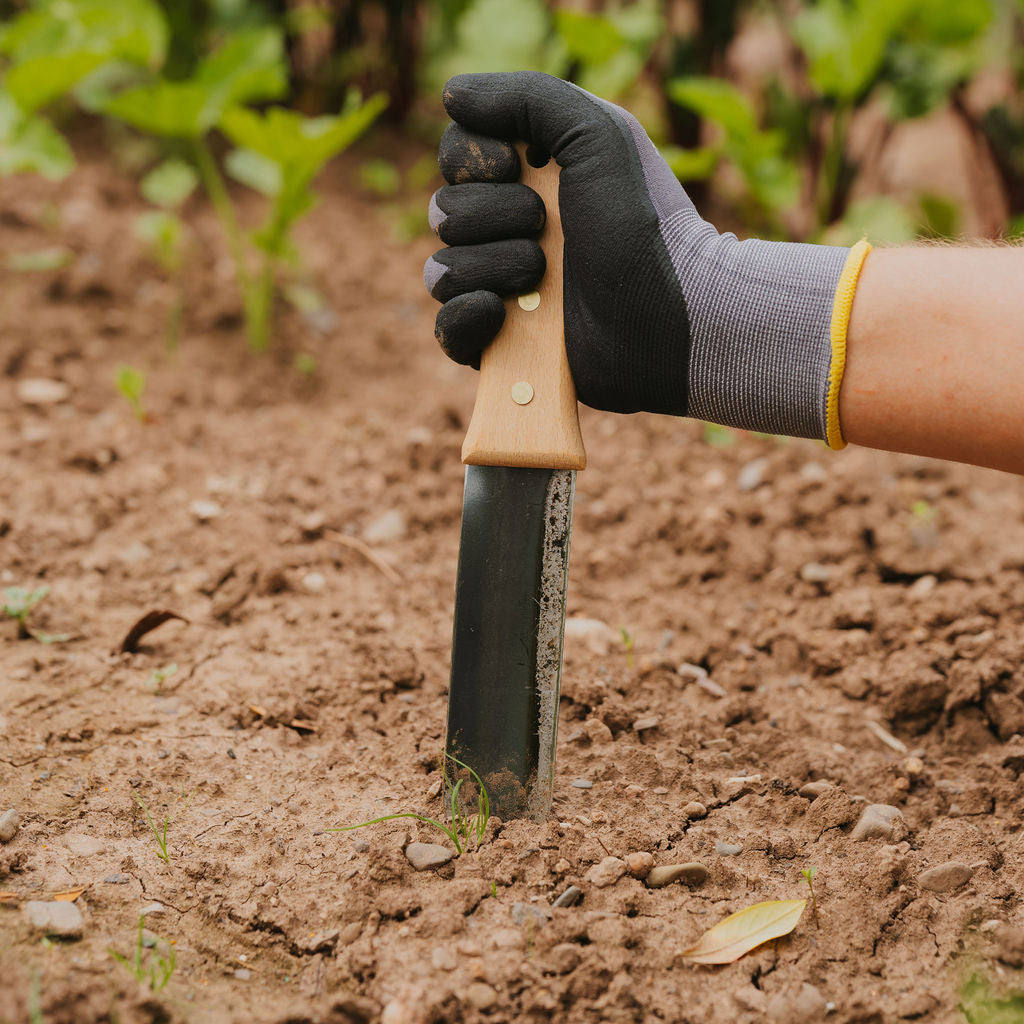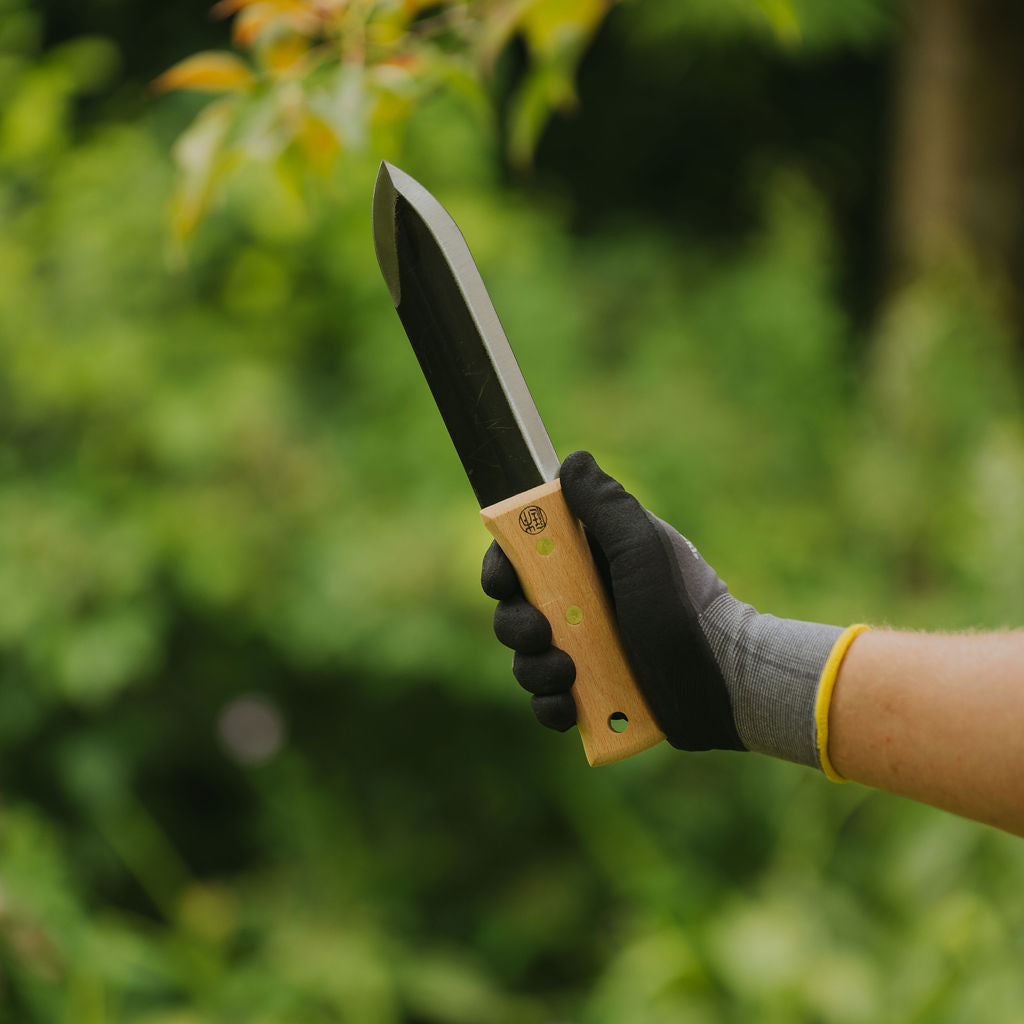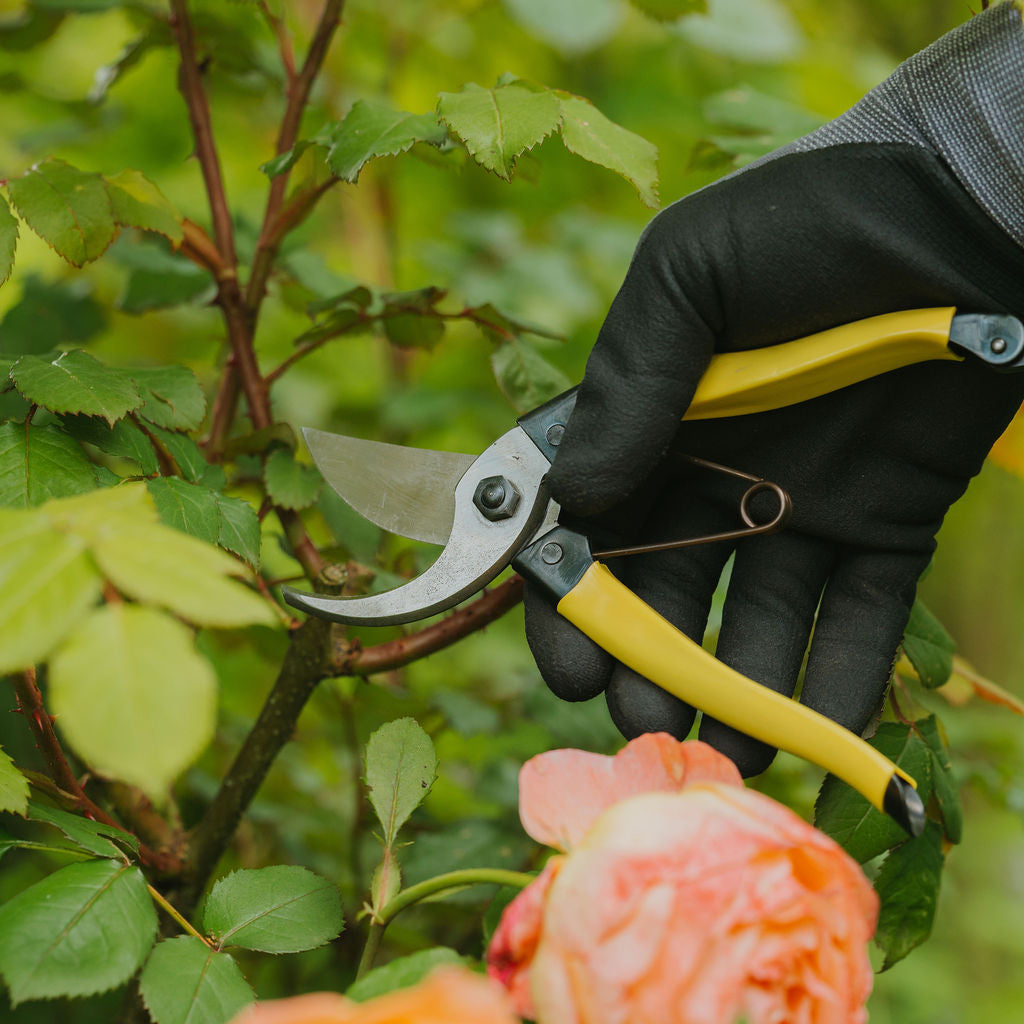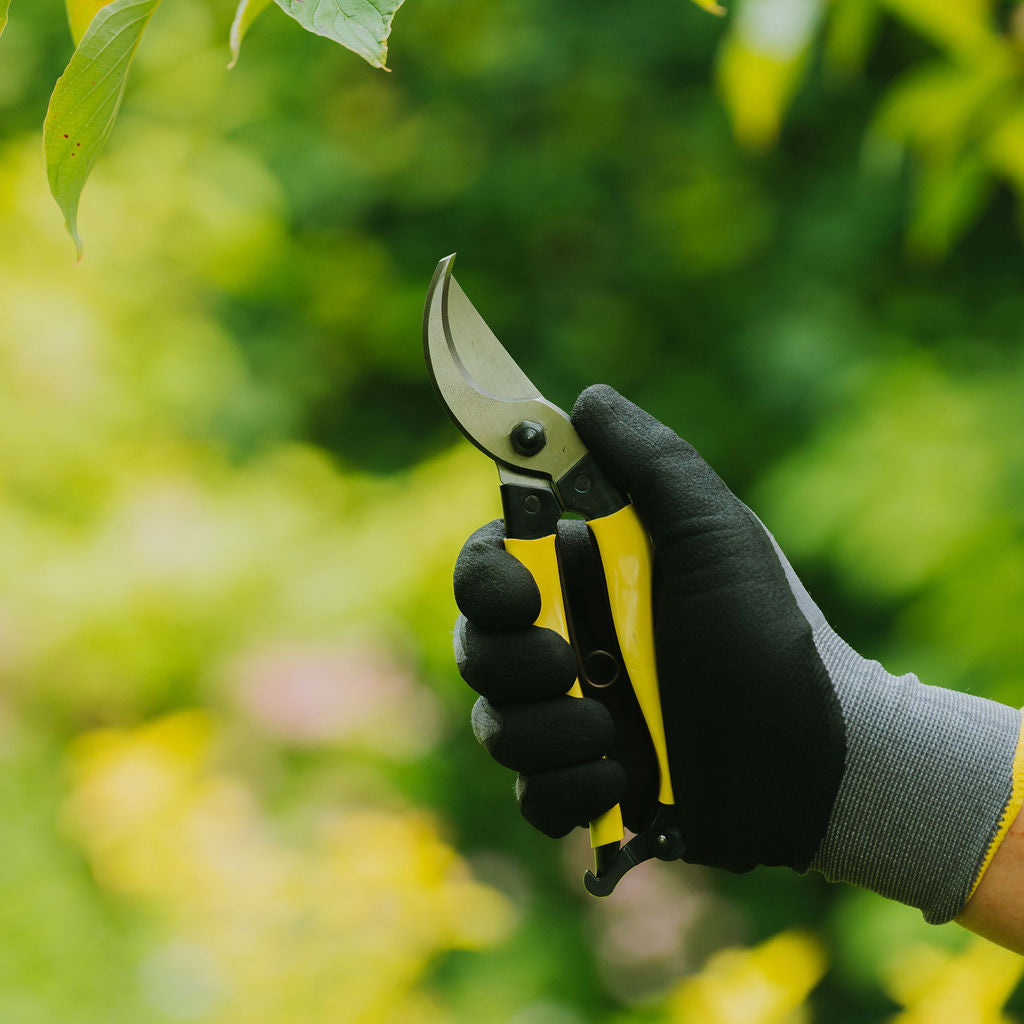Donatello Classic Italian Terracotta Planters
Couldn't load pickup availability
What I refer to as the 'Classic Italian Terracotta Planter', the Donatello is a staple Italian design. Elegant tapered hand-made planters featuring bold ribs and a heavy rim. Practical in use and stylish in design.
Perfect for topiary, trees, large shrubs & grasses or seasonal planting. A range of sizes are stocked to meet your planting needs.
Hand-finished and made from quality Galestro clay in the heart of Tuscany. Frost hardy to -20°C. Read more about the process below.
Thomas Says...
''Here you have the best-selling planter of the business. The 60(cm) is a great pot for someone after a mid-size addition to the garden, good for shrub roses, artichokes, citrus trees etc... with the 70 getting to the realms of 'large' pots. For someone after a real statement, the 80 does a marvellous job; Suitable for large olive trees, grasses or for planting 'designer displays' of mixed planting. The 100cm? A mammoth planter!''
Raise your planter with the wedge design.
Nationwide Delivery
If you're after multiple pots through to a single piece - I have a number of ways to make sure that you receive the most convenient service taking budget, flexibility and access into account.
1) Standard England & Wales delivery is automatically calculated at checkout.
This third-party, 9am - 5pm kerbside pallet service is £54 per pallet and is FREE on orders over £500.
Scottish, Irish & Island residents simply require a quote due to the distance from Herefordshire. For further information on the how this service works click here
2) I also offer a 'local' delivery service covering the surrounding counties from Dorset up to Cheshire. Local delivery is quoted for each job off the mileage & work involved (access / time).
3) For deliveries further afield still requiring a more personal service, I have a great relationship with a local courier. Mr Roman handles all of my distance deliveries, each time proving to be very reliable. Like my local delivery service, this will need to be quoted for.
The Making Process
Clay
The clay used to make these pots is unique to the soil around Tuscany. My finest Italian terracotta pots are crafted from what's called a Galestro clay. This is a typical earthenware clay but enhanced through the addition of soft rock to add additional minerals to improve colour and frost-hardiness. Once formed together and fired, the finish and quality is sublime.
Detail
All of my Italian pots are made with routinely replaced molds. This means that details remain consistent, crisp and pronounced with great effect.
Drying & Firing
All of my Italian pots go through the same tried-and-tested process.
Once the raw clay has been pressed and smoothed into molds, the raw pots are left to dry for around 20 days. This time allows for them to release additional moisture before the final step...
Once finished being cured, the pots are then wheeled and stacked into huge gas-fired kilns where they are heated at very high temperatures for three days.
This lengthy process ensures that your pots are correctly prepared and thoroughly heated. That is the secret to creating what I call, a proper pot.
The total time individually making these pots can vary but they often take over a month from start to finish.
Pot Care
At Tom's Yard we choose to exclusively deal with quality garden pottery. Ceramics made from the best materials and put through the most thorough firing processes.
As a result, all of our clay pots are made to be left outside and enjoyed for 365 days of the year.
With that being said, there are simple steps you should take to ensure the longevity of your pots and the health of your plants. Following the coming steps will go a long way to ensuring that your pots last for years to come.
Winter
If prolonged or sudden, harsh freezing conditions are forecasted, we recommend wrapping your pots in bubble plastic or fleece; this should prevent the earth from freezing solid (avoiding the risk of splitting the pot) whilst offering insulation to protect your plants. This is because plants grown in pots can be more vulnerable to changing weather conditions.
Following the steps below will go a long way to mitigating harmful effects to your plants and will ensure that your pots last for years to come.
Drainage
Drainage is vital if a pot is going outside. Every so often you should check to see if the holes have become clogged up. Otherwise water could be retained leading to root-rot or the risk of damage to your pot during freezing conditions. All pots will arrive with standard drainage holes.
Although not always necessary, you can raise your pot off the ground to assist with drainage. Flat stones, tiles, wooden batons, plastic matting or our terracotta feet are ideal.
Planting
If you are using the pot for planting, place a thin layer of gravel or broken crocks in the base. This prevents the holes from becoming clogged up with soil. Top up with a suitable compost / soil depending on the plants needs. If you're unsure, check with the nursery you purchased them from or reference a reputable online source like the RHS.
If the pot is enclosed with a narrow neck we advise that you avoid permanent planting or use a removable plastic pot within the terracotta pot. Otherwise the roots will grow into the ‘belly’ of the vessel making the plant extremely difficult to remove.
Even in straight pots, do be aware of favourites such as Agapanthus and Phormium. These plants produce very strong roots than can, if left to their own devices, split a pot. It's far better to grab a hori-hori and to split the plant.
Location
Never stand your pot on bare earth. Being porous, the bottom few inches will soak up the moisture. Frost playing on permanently wet terracotta may not be in the best long-term interests of your pot.
For advice on how to use terracotta pots within a border or lawn, get in touch with Thomas and he can advise.
Colour Disclaimer
I see terracotta to be the same as other natural materials, like wood or stone. Due to the richness of Galestro clay, when fired, the exact tone & finish will vary from one pot to the next.
Please use the above images as a guide. If you are ever unsure, just reach out and I'll be happy to send you further images.
When you order multiples, I'll always do my best to select pairs or groups that match. If I ever have a doubt over what's available in the Yard, I will be in touch for your sign-off.
The person behind the pot
Born Donato di Niccolo di Betto Bardi in Florence, Italy, sometime in 1386, Donatello was a nickname given to him later by his friends and family. Donatello was one of greatest Italian Renaissance artists, noted for his mastery of sculpting with an extraordinary range of materials – including marble and stone, bronze, wood, terracotta and stucco as well as unusual mixed media. His sculpted figures were some of the first since antiquity to represent anatomy correctly.
Pots used by











'We are so pleased with our Terracotta pot we collected today, Tom was extremely helpful in arranging everything . He has some wonderful pots, if you are looking for top quality pot at a reasonable price Tom is your man.'
